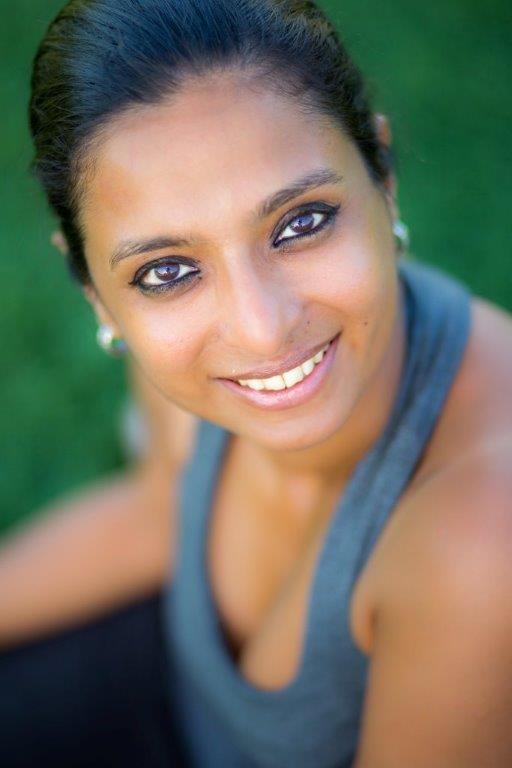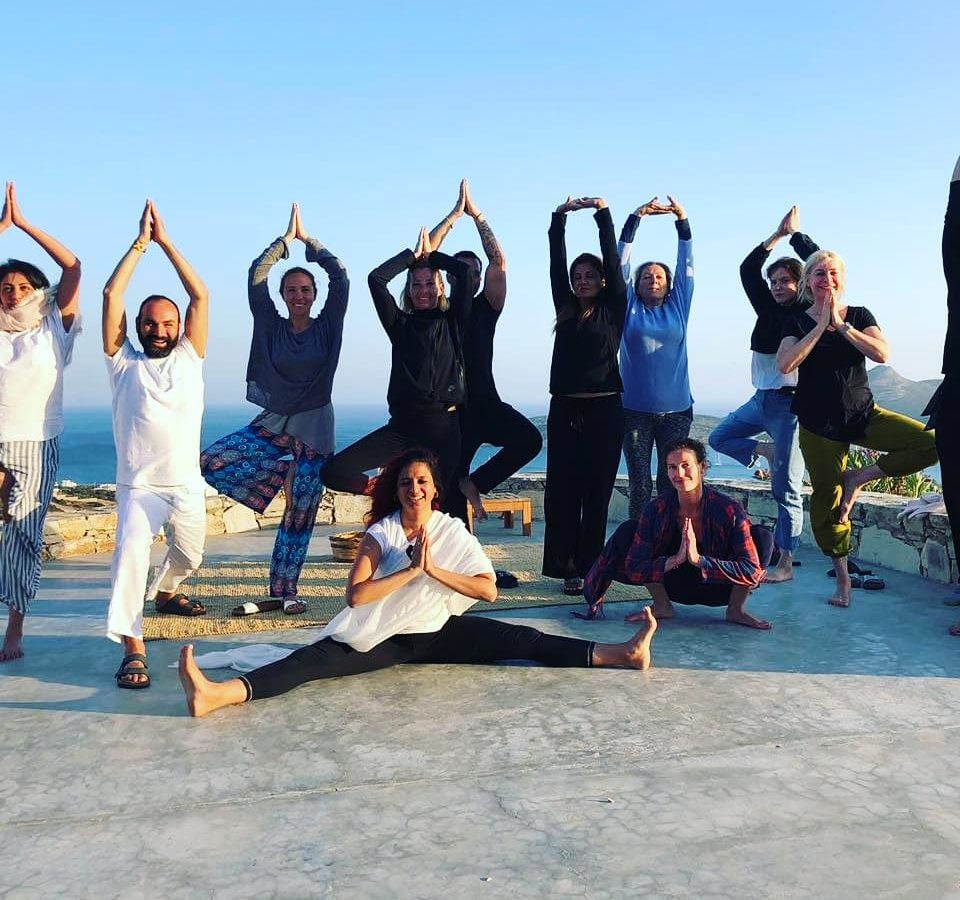The word retreat literally means to withdraw or retire, to draw back. In our fast paced city lives this is exactly what we need in terms of extricating ourselves out of our daily hustle and bustle.
The science behind the need to log-off
Pulled by the need to be constantly working or looking after home and family and dealing with the stress of work, relationships and yes, social lives too, keeps us in what we call the “fight or flight mode” that activates the ‘sympathetic nervous system’. It’s that part of our nervous system which makes us respond to threat or a stressful situation.
Some of the physical responses to being in sympathetic mode are increased heart rate, high blood pressure, cold skin, increased breathing rate, and/or sweating. As opposed to being in parasympathetic mode which is more about: rest and digest, which brings homeostasis or balance to our nervous system or more calm and relaxed feeling to our bodies and minds.
Unfortunately, we tend to remain more and more in sympathetic state, which stimulates the stress hormones to continue into our systems for longer periods of time and leave us in constant fight or flight mode. The longer term effects being hearth disease, chronic fatigue, and depression.
The need for a retreat
After gathering enough experience teaching private and group classes and opening a yoga studio in Mumbai, I had the opportunity of working as a programme director and teacher at a beautiful, isolated property for six months. This, for me, was a personal work retreat, just to be waking up to the sounds of nature and not having to beat traffic to get to the workplace was a welcome joy.
After I left the retreat, I felt there was a need to get people out of their homes and give them a yoga experience but in different settings to rediscover and transform themselves.
My first such retreat was in Ibiza, Spain. Located in a much quieter part of Ibiza, I remember it was a lovely group of seven people. The chance for me as a teacher was to give them an intense yoga immersion with different styles of practise, yoga philosophy, interaction with each other, bodywork and massage, and yes, enough free time to just relax, journal or introspect.
Usually, a retreat has an hour and a half morning session and an evening session and perhaps either a lecture or group discussion in the afternoon, post-lunch, with enough time in between to explore the place and take in some culture or go for sightseeing, or do some bodywork or personal sessions with the facilitator besides having some “me-time”!
What is a retreat?
According to Deborah Lundstrom, a close friend and co-teacher, leading retreats in Ethiopia, “A retreat is self-care. It is a sadhana. The elements I tend to bring into my retreats is being fully present to the wish , needs and intention of my students as well as create the trust and safe space so that they can be their true self.”
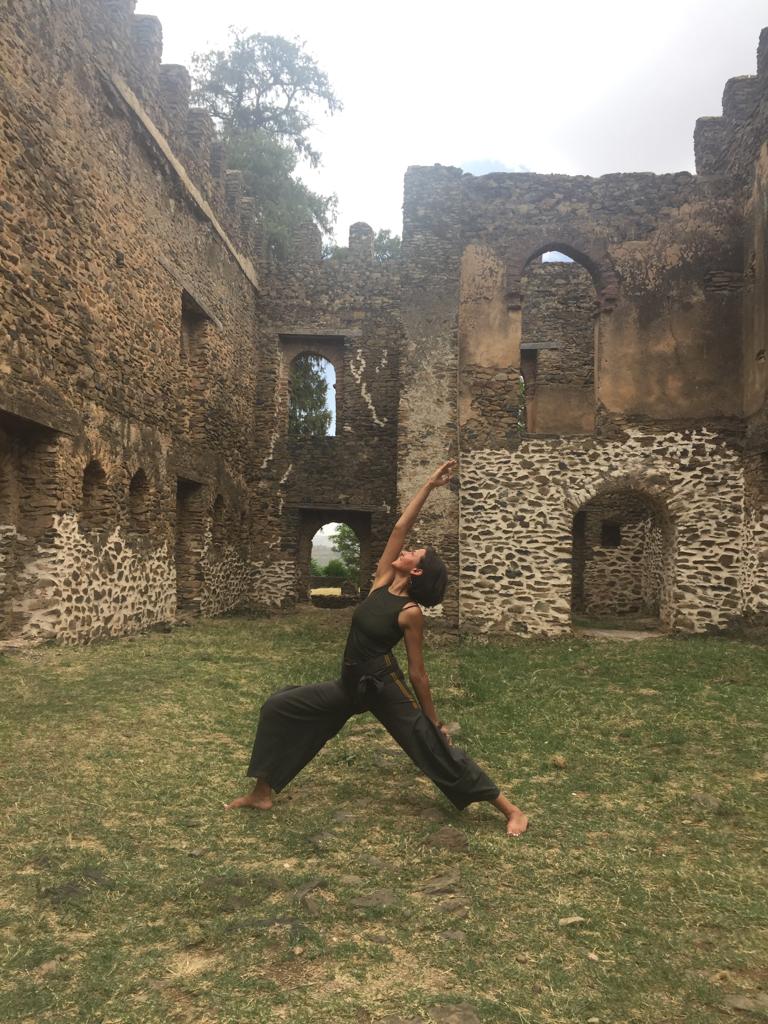
A teacher in Lebanon who leads International teacher trainings, Samantha Howick, says: “Get out of our everyday routine for mind and body healthier states. This cultivates new perspectives and we can refresh our lives which may have become dull due to habits. Healthy food, good company, adventure, and yoga practise, in a restorative natural environment are key to this gentle unfolding and regeneration.”
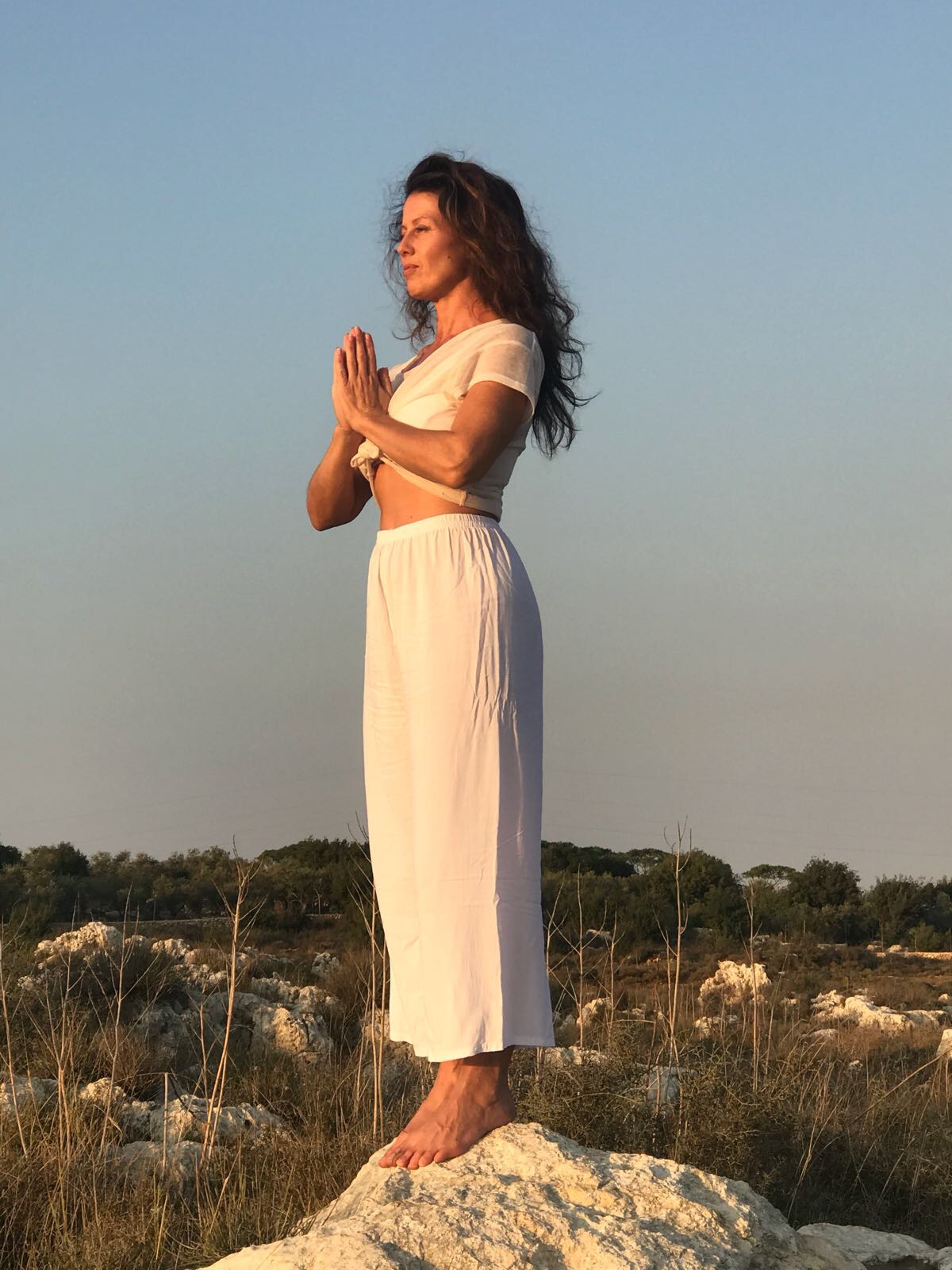
The idea of wellness or health holidays is slowly but surely opening up in India with more solo travellers on the rise wanting new and holistic experiences. Families though usually do tend to travel together with their children and those holidays tend to be more about the kids rather than retreating! Sometimes people come back more exhausted from such holidays.
Many benefits of retreating
Retreats also give us a chance to discover new places and cultures, make long and everlasting friendships, learn new practises, inculcate a new discipline, make changes in lifestyle, besides discovering new aspects about oneself.
My retreats always focus on taking the practise of yoga off the mat and into life, l do enjoy playing with different themes in different environments. A recent such retreat was in Antitparos, Greece with the five elements or panchbhuta in Sanskrit as theme. The stark island, azure blue skies and cliffs overlooking the blue ocean made a perfect setting for this experience. Another was a retreat I co-facilitated in a desert in Jaisalmer, which was more centred around introspection, creating space and discovering oneself. Another one in Chiang Ma, Thailand, had more to do with the subtle or energetic body.
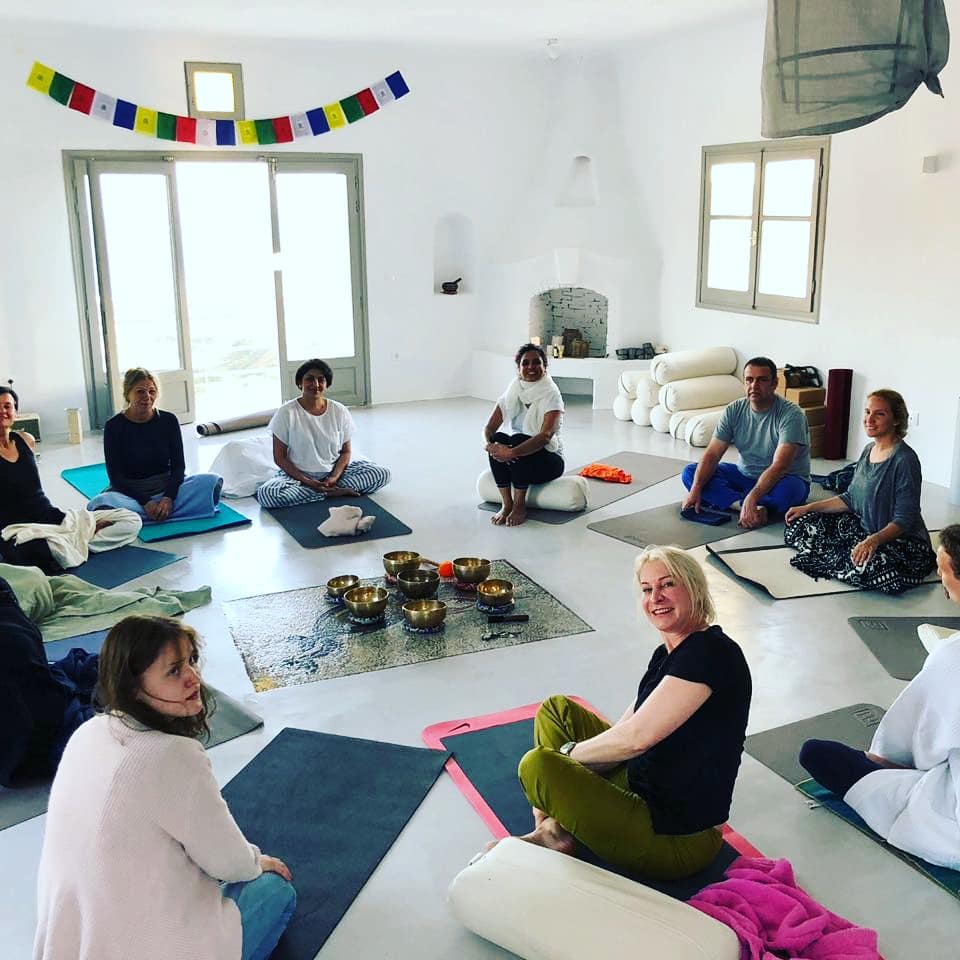
All retreats do not have to be centred around yoga and spiritual practise, but could be cooking retreats or photography retreats, trekking retreats and even dance retreats.
The whole idea being to create space for oneself, rediscovering, relaxing and offering oneself a chance for reinvention, rejuvenation and sometimes recovery from trauma or trying times. Hope this is motivation enough to go on a retreat soon!

